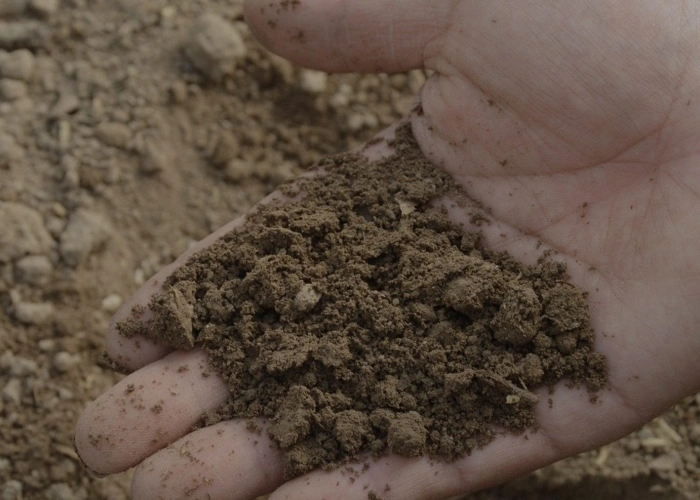Micro- and Macro-structure Changes of Soil under AQUA4D® Irrigation

This is an adapted version of an article published in the journal Soil & Tillage Research (2020)
With an increase of high-profile projects in various countries, the effects of AQUA4D® technology on irrigation water are being increasingly studied. However, despite the ample first-hand evidence in the field there has been no standalone study looking at its effect on soil structure.
In order to quantify pore changes due to AQUA4D® on cultivated soil, a study was set up by INRGREF agronomy research institute in Tunisia, in collaboration with INRAE in France.
Conclusion
The results quantify what growers in more than 40 countries have experienced for over a decade: moister soils requiring less intense irrigation, and even irrigation with saline water. The changes to irrigation management enabled by AQUA4D® sustainably improve soil health and can play a key role in a new regenerative agriculture.
“AQUA4D® can improve soil properties greatly by increasing soil porosity at two scales,” says Malak Moussa, who co-authored the study. “Through this porosity, water, solutes and gases can diffuse through the ground, thus increasing exchange processes. These changes modify the soil as a habitat and thus improve the biological activity of soil flora and fauna.”